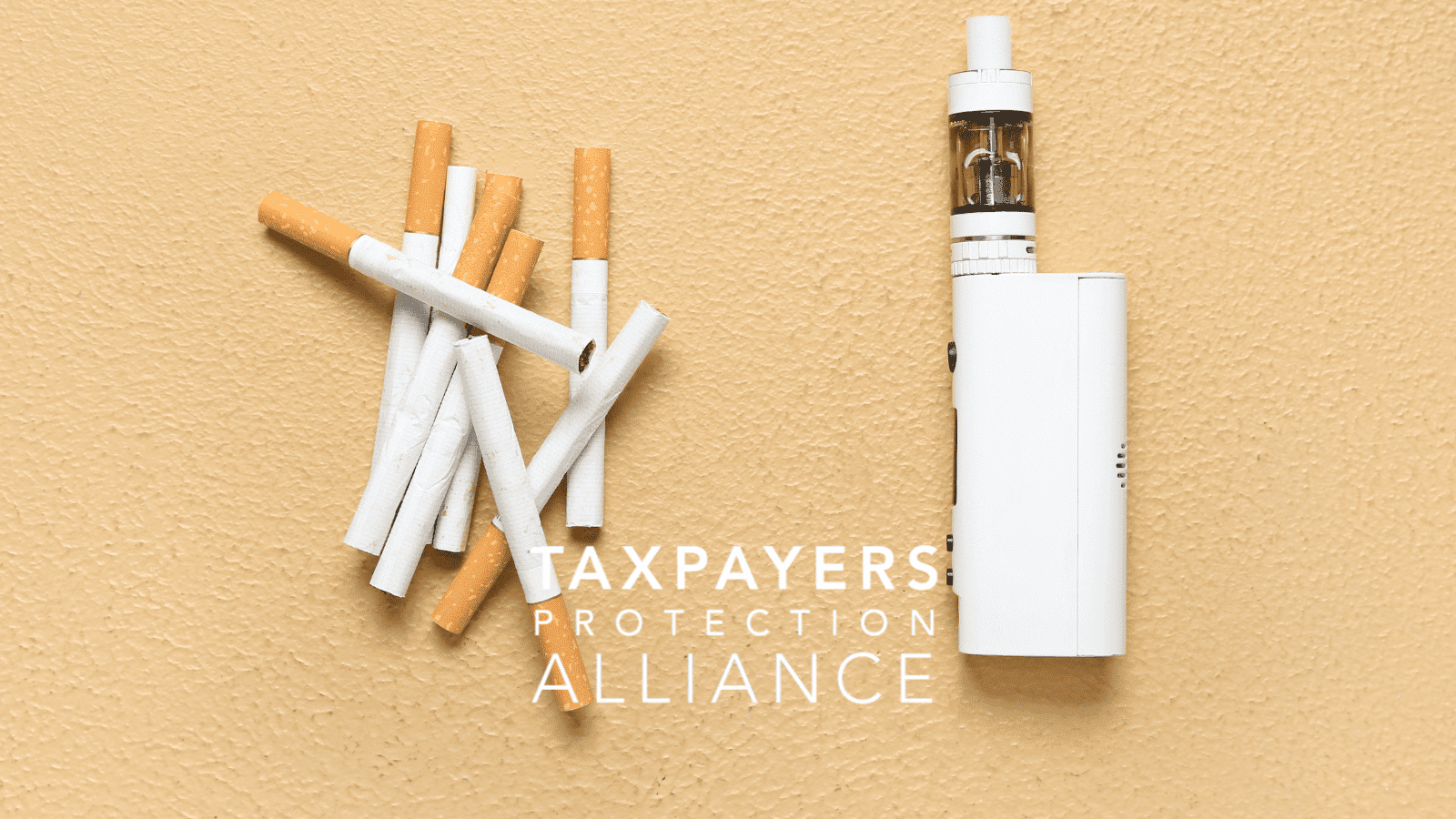
New TPA Report Exposes WHO Tobacco Treaty as a Cautionary Tale of Secrecy and Ideology
Kara Zupkus
October 20, 2025
For Immediate Release
Contact: Kara Zupkus, kara@protectingtaxpayers.org
WASHINGTON, D.C. — The Taxpayers Protection Alliance (TPA) today released a new policy brief, “FCTC: The Wrong Lessons Learned,” by Roger Bate, fellow at the International Center for Law and Economics (ICLE). The brief argues that the World Health Organization’s (WHO) Framework Convention on Tobacco Control (FCTC) has strayed from its original promise of evidence-based, transparent policy and now too often excludes scientific dissent and blocks consumer-driven innovation that helps adult smokers quit.
“A treaty built to reduce smoking-related deaths should evaluate tools by outcomes, not ideology,” said Bate. “When safer alternatives like e-cigarettes and oral nicotine are demonized despite real-world success, the losers are adult smokers—and the taxpayers funding policies that don’t work.”
The paper warns that the governance habits entrenched in the FCTC—closed meetings, asymmetrical conflict-of-interest rules, and a reflexive hostility to dissent—have spilled over into pandemic governance, risking over-centralization and weak accountability.
“We don’t need less coordination; we need better governance,” Bate added. “Open the process, measure by results, protect kids and help adults quit—and spend taxpayer money where it actually saves lives.”
The brief recommends the following reforms:
- Open the process: Hold public sessions at FCTC COPs; publish minutes, votes, and evidence tables.
- Apply COI rules symmetrically: Scrutinize funding and incentives across all actors involved in the global regulatory process.
- Independent comparisons: Commission head-to-head evaluations of cessation tools (quit rates, risk differentials, cost-effectiveness).
- Proportionate regulation: Pair strict youth protections with adult access to lower-risk products.
- Fiscal guardrails: Require cost-benefit analysis, add sunset clauses to emergency powers, and ensure domestic legislative oversight before adopting external guidance.
In response to the brief, TPA fellow Martin Cullip called for WHO reform: “The WHO’s FCTC treaty is failing in its mission. It must reassess the scientific evidence regarding reduced-risk nicotine products and operate with far greater transparency. By prioritizing ideology over clear evidence that harm reduction products reduce smoking rates, the FCTC has become an obstacle to global public health progress.”
Powered By EmbedPress
